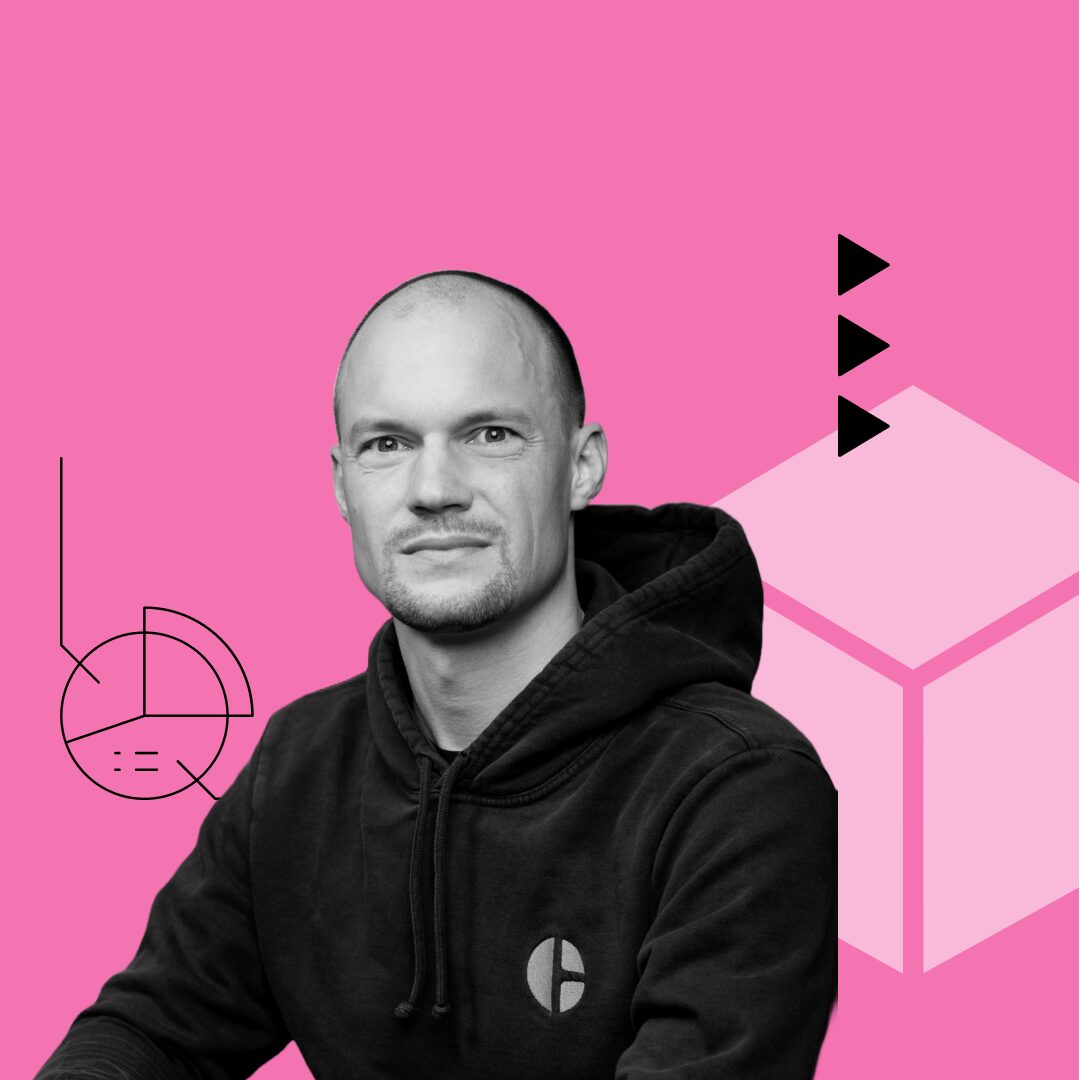CoachHub began with a bold idea: what if world-class business coaching could be accessible to everyone, not just executives? Founded in 2018 by brothers Matti and Yannis Niebelschütz, the company launched with a few dozen coaches and an ambitious mission to democratize coaching at scale.
Today, CoachHub is the world’s leading digital coaching platform, with more than 3,500 certified coaches, operations in 90 countries, and over $350 million in funding from investors including RTP Global, Sofina, SoftBank Vision Fund 2, Speedinvest, Partech, HV Capital and HSBC Innovation Banking.
In 2025, the company launched AIMY™ – the first AI-powered conversational coach – marking a new chapter in its mission to make coaching available to every employee, everywhere.
We sat down with CEO and co-founder Matti Niebelschütz to explore the company’s journey, its leap into AI, and the lessons he’s learned building a purpose-driven global business.
Hi Matti! So, what inspired you to start CoachHub? What gap did you see in leadership development and corporate coaching?
Well first, I’m an entrepreneur at heart. I’ve been building businesses for nearly 20 years and love creating things that make a real impact. Second, it goes back to my first personal coaching experience. As a first-time founder and manager fresh out of school, I was completely overwhelmed. I didn’t know how to manage my team, my stakeholders or even myself.
That’s when I really felt the power of coaching. It helped me gain clarity and better prioritize, ultimately shaping who I am today. I realized what a pity it was that only senior executives had access to such a powerful tool. That’s when the vision for CoachHub was born: to democratize coaching and make it available for everyone, everywhere.
What does it actually mean to “democratize” coaching?
It means making coaching accessible to all – not just the top 0.1% of executives, but managers, high-potentials and individual contributors. We’d been working relentlessly to expand coaching access across the workforce. But even then, we were still only reaching around 20% of employees.
To truly democratize coaching, we realized we had to reach the remaining 80%. And the missing piece was AI-based coaching. That’s how we could truly make it available to all. With AI, we can support employees across all levels, in any organization, anywhere in the world, in any time zone. That’s what democratization of coaching means for me.
So, how does AI help make that vision a reality?
AI has been part of our DNA from the get-go. In the early days, we spoke to a large car manufacturer who used spreadsheets to manually match coaches to employees. It was a slow, outdated process and impossible to scale. We’re doing the complete opposite. We have an AI-based matching algorithm which achieves a 97% match rate, instantly and without bias. You don’t have to wait for weeks for someone to come back to you and people can immediately get coached. Plus it scales globally.
Beyond matching, we use AI in content recommendation, coaching session flow, and now in AI-led coaching itself. In the past, we weren’t sure how to reach every employee… should it be self-coaching, group coaching, or something else? Today, it’s clear: AI is the answer to make coaching accessible to unserved populations.
How do you train your AI models to deliver true coaching and not just ‘generic’ advice?
We lean heavily on our deep coaching expertise and scientific foundations. CoachHub has a global network of 3,500 coaches and a Science Council that includes legends like Marshall Goldsmith. We’re using all of this expertise to actually train the different modes of our coaching, with the aim of replicating the experience you would have with a human coach. And we use goal-based coaching models, like Grant’s, to structure coaching sessions.
Once you’re on the coaching journey, your coach would typically ask you, do you want to work on your developmental goal (like the next career step)? Or do you want to work on a spontaneous topic which would be better suited to situational coaching? We’ve developed different coaching modes for these specific use cases.
We’re building on Microsoft Azure’s OpenAI infrastructure. But it’s not just another version of ChatGPT; it’s a true coaching experience that we’re offering. What really sets us apart is ensuring the AI experience replicates real coaching, right down to breaking down your development goal into different milestones, the accountability nudges, session scheduling, and progress tracking, all powered by what we call “agentic capabilities.”
You launched AIMY™, the world’s first conversational AI coach, in partnership with Microsoft, earlier this year. Why is this a game-changer for the industry?
AIMY™ represents a zero-to-one moment for coaching. Until this point, coaching just wasn’t accessible to all individuals – think frontline employees, office workers, people in high-stress, fast-moving roles. But with AIMY™, anyone can get coached anytime, anywhere. It’s always on and always available – whether it’s the middle of the night or 10 minutes before a big presentation. It gives you that confidence when you need it.
Two years ago, this wasn’t possible. But the latest AI developments, especially in voice, video, and natural language understanding, make this so powerful. And because AIMY™ integrates directly with tools like Microsoft Teams, it becomes a natural extension of the working day. That’s why it’s a true breakthrough for the industry.
What were some of the biggest lessons from developing and launching together?
First, real partnerships take time. We started working with Microsoft over a year ago. After meeting their CTO, Kevin Scott, and later Satya Nadella, we began collaborating more closely. We both agreed that 2025 is the year of AI in production.
Step by step, you have to build your network within large organizations as partners. It takes time, but it really pays off. These are partnerships you build for the long run – ideally for decades, not just the short term.
When we launched the research pilot over two years ago, we also learnt a lot from the 40,000+ users in that pilot. Initially, we wondered: would people trust AI for something as personal as coaching? Would human coaches feel threatened? The answer to both was no. In fact, it was the opposite. Many users even felt more comfortable opening up to an AI coach because it’s non-judgmental and always available.
We also confirmed our belief that coaching is fundamentally human. Our solution doesn’t replace human coaches but, rather, it complements them. It opens up coaching to a much wider audience and, in turn, drives demand for human coaching at higher levels.
And what advice would you give other founders using AI to enhance their product or service?
Get started. When we began our AI journey two years ago, I was one of the few pushing it internally. Most people were cautious. If you want to innovate, though, you need to experiment. But responsibly.
Start small, learn quickly, and be agile. Your solution will evolve dramatically, and look very different to the one you started with, but those early learnings are invaluable.
Shifting gears, what were the inflection points when CoachHub really started to scale?
A few stand out. First, partnering with the right investors. This was critical and always came down to the references we received. We were introduced to RTP Global by a trusted friend who told us that they were the most value-added investor on their cap table. That set high expectations – and RTP really delivered.
Of course, every investor brings capital and that’s important. Ideally, they’re also supportive and aligned with the company’s long-term vision. What really stood out with RTP was the hands-on, day-to-day support. I remember sessions where we stood in front of a flipchart together, redesigning our reporting. That’s like a level of operational support that not every investor is actually willing to commit.
Second inflection point was our acquisition of MoovOne, the French market leader and a pioneer in digital coaching. That deal made us the unrivaled category leader in Europe and set the stage for global expansion.
We realized that building a European leader in coaching is great, but all of our customers are multinationals. We support them with our coaches across 90 countries and in 80 languages. So maybe we should also grow ourselves internationally and support organizations worldwide too. That was the pivotal moment when we shifted from a regional player to a global one.
As a European founder, what was it like expanding into the US? Any advice for others making the leap?
Similar to my advice on AI: get started early. We entered the US market in our early years and learned how things work differently there.
Then scale smart. Make sure your unit economics and operating model transfer well across geographies. If you scale too soon, you risk scaling broken processes, which are much harder to fix later.
For a European founder, East Coast time zones make collaboration easier. West Coast time zones can be tough for recurring meetings.
Coaching is, of course, all about growth. So what have you learned about yourself while building a company centered around growth and leadership?
That I’m a lifelong learner. My key learning is that I have had to evolve because my role constantly changed. The role I had when we started the business in my brother’s living room is very different to the role I have now, leading a global organization with 400 people. You really have to be agile and you have to adjust. You have to embrace all the opportunities you get.
I try to challenge myself both professionally and personally – whether it’s new operating models, daily reading, or even taking up swimming after 20 years.
Finally, what’s next for CoachHub? What does the future of coaching look like in the next 5–10 years?
It’s twofold. We’ll continue expanding, both with current customers and new ones across Europe, North America, and Asia-Pacific. We have teams based in New York to Tokyo and see a lot of potential outside EMEA.
And the second thing is on the product side. Last year, we extended our one-on-one manager coaching portfolio and added a collective coaching capability. And this year, we introduced AI-powered coaching with AIMY™. That’s where I also see huge potential.
It’s early days but, let’s say in five years or so, I’m totally convinced that every organization will offer coaching to their entire workforce. It’s a no-brainer – it makes the workforce much more efficient and productive. It fosters employee retention and boosts employee engagement. I’m convinced the coaching market, overall, will grow significantly in the next five years and we might have achieved the next milestone in democratizing coaching by making it truly accessible for everyone.
You can learn more about CoachHub’s mission here. And if you want to read more of our founders’ stories, visit here.

